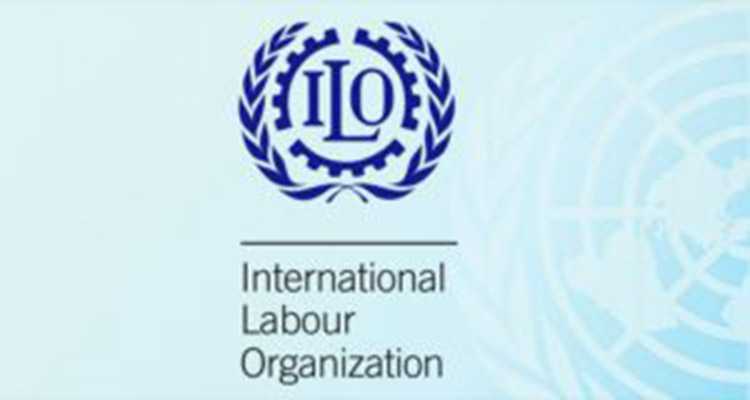ILO wants BD to share its draft EPZ labour law

The International Labour Organization (ILO) has called for an advanced draft of the proposed Export-Processing Zones (EPZ) Labour Act, 2016 of Bangladesh after a review through a multi-stakeholder approach.
It said the draft 'should be shared' with its Committee of Experts by August next well ahead of placing it before Parliament.
The newly created Tripartite Technical Committee (TTC) for amendment of the Bangladesh Labour Act (BLA) has already held its first meeting, demonstrating that work was being done to conform the legislation to ILO standards.
It has been asked to complete the work on preparing an initial draft by August 2017.
Both the Tripartite Consultative Council (TCC) and the newly created RMG Tripartite Consultative Committee (RMG TCC) will be supported by the ILO which will act as their secretariat, according to a report of the 'Committee on the Application of Standards' (Part-2) obtained by UNB.
The recently adopted and published standard operating procedures (SOPs) for registration has already been implemented which reduced the timeframe for resolving issues concerning registration and the Bangladesh government should also reduce the registration rejection rate, according to Bangladesh part of the report.
A transparent remediation strategy with a timeline was to be developed and shared with the committee by the end of August 2017, the report said.
Access to further funding should be facilitated and recruitment of 169 labour inspectors should be finalised by June 2018. In conclusion, the Bangladesh representative reaffirmed the government's commitment to a better and safer workplace for workers to uphold their rights to collective bargaining, freedom of association and their rights to strike for realising their legal demands.
Legislative amendments were ongoing and the government was also engaging with factory owners, businesses and buying houses to ensure that they follows good business practices and recognise that responsible behaviour by all stakeholders is a necessary factor for progress in that field.
Besides, commitment was also expressed to achieve full and productive employment and decent work for all by 2030 in line with the 2030 Agenda for Sustainable Development.
The experts stated that Bangladesh sought continued cooperation, support and understanding from their international friends and partners in order to achieve that goal.
Bangladesh representative welcomed the progress made by the government to comply with the Convention and appreciated the process of labour law reforms initiated in order to ensure protection of workers as well as to promote investment and generate quality employment opportunities.
Tripartite consultation had been an integral part of the process of legislative reform, in compliance with ILO Conventions.
The initiatives of the government did not aim to curtail the authority of the labour inspectorate, but to make the inspection mechanism more transparent and accountable.
The government said inspection mechanism based on a computerised system would make the inspections more objective and targeted. Bangladesh representative welcomed the decision taken by the government to have an institutionalised system to review the enforcement of labour laws in the SEZs.
The ILO should continue providing development cooperation and assistance to the government to complete the ongoing reform process and further promote labour standards in line with the ILO Conventions, Bangladesh said.
Source: https://dailyasianage.com